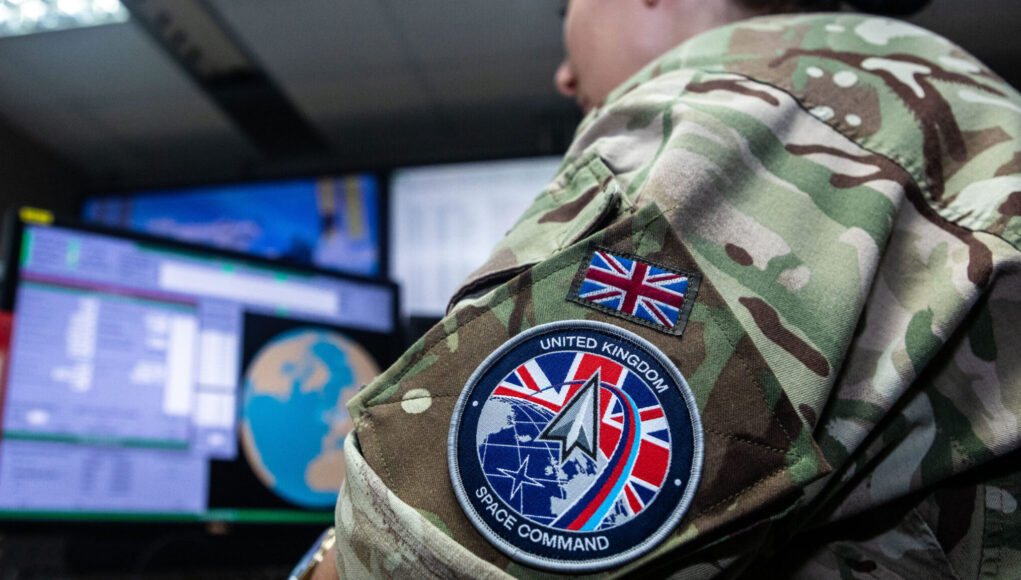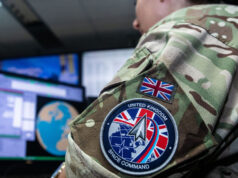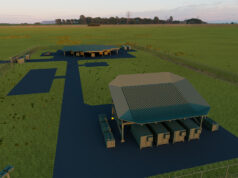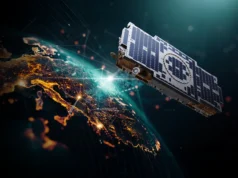The UK government has announced initiatives to enhance NATO’s defence capabilities, including support for space launch operations and artillery munitions, according to a Ministry of Defence press release published on 17 October 2024.
Defence Secretary John Healey MP, attending his first NATO Defence Ministerial, signed a letter of intent that will see NATO allies working more closely on government and commercial space launch capabilities.
This initiative, known as the STARLIFT programme, aims to develop a network of space launch systems across NATO countries, enhancing their ability to rapidly deploy assets into space.
Healey said, “By developing these cutting-edge technologies, we are setting up our Armed Forces for the battlefields of the future, and creating significant opportunities for British industry.”
In addition to space initiatives, the UK also committed to a range of other long-term projects aimed at enhancing NATO’s military readiness. One of these includes virtual training, with the UK signing another letter of intent to share virtual simulator training among NATO allies, reducing the need for physical deployments and cutting costs.
Furthermore, NATO allies will establish a single test network to enable different types of munitions, such as 155mm shells, to be used across various artillery systems, improving artillery flexibility in joint operations.
Finally, the Defence Secretary confirmed the UK’s involvement in a cutting-edge drone development project. This project builds on the UK’s experience in supplying drones to Ukraine, with the new unmanned platforms set to enhance intelligence, surveillance, and strike capabilities across NATO forces.
The UK will also contribute to integrating the MQ-9B/Protector uncrewed aircraft into NATO’s Intelligence, Surveillance, and Reconnaissance Force, particularly for defending the High North and Arctic regions. Healey reaffirmed the UK’s commitment to NATO, stating, “Together with our partners, we will ensure the collective security of our citizens and strengthen our alliance for decades to come.”
These initiatives come ahead of the Defence Secretary’s participation in the G7 Defence Ministers meeting in Naples, Italy, where he will discuss further collaborative defence projects with international partners.











Healey also granstanded other stuff on GBAD, committing a brigade to Estonia ( while also supposedly being SACEUR reserve) so not possible, and mentioning 4 Brigade.
A Brigade with no CS CSS whatsoever beyond a Light Cavalry Regiment.
He also grandstanded on GBAD even though other NATO nations are actually spending money AND buying kit, where we are still posturing.
All talk. Like the last lot.
Grandstood?
I don’t get the GBAD problem.
Buy something, anything, it will be better than nothing. Even more CAMM would be a huge improvement. CAMM-ER would be better, speeding up CAMM-MR or buying SAMP-T optimal.
All seems to have gone very quiet on the UK domestic launch capability. We have one German company operating out of Shetland that blew up the launch pad and one failed launch from Cornwall. I hope the government sticks with it as I can’t see relying on Elon Musk for space access to be a good long term plan.
Perhaps not relying upon Musk, as much as seeking co-operative opportunities w/ his corporations. Space-X is developing an enviable track record. Disagree? Suggest simply comparing w/ recent Boeing record.